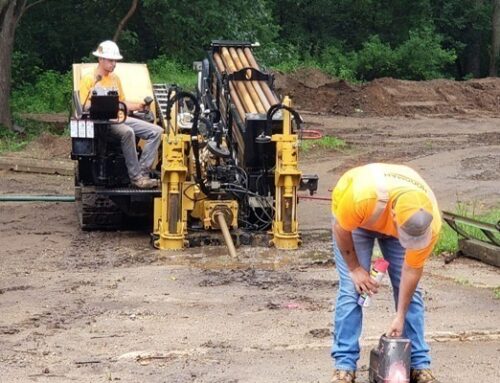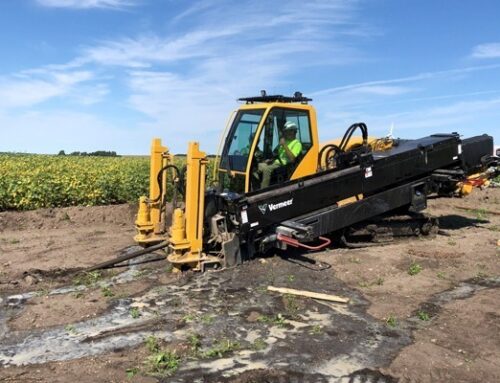Walk across a freshly tilled field and you can feel the difference right away. The ground is softer and looser, and it almost seems to be breathing again. That’s because tilling isn’t only about preparing the soil for planting. Done correctly, it also helps tackle one of the biggest headaches farmers face: soil compaction. A reliable field tilling company in Minnesota handles such challenges.
But what exactly is soil compaction, and why does it matter so much for your crops? Let’s break it down in simple terms.
What Soil Compaction Really Is | Field Tilling Company in Minnesota
Soil compaction occurs when particles are pressed so tightly together that little space remains for air or water. An easy example is a footpath that’s been crossed countless times. The ground becomes firm, dense, and difficult to dig into. Agricultural fields can reach the same condition over time, whether from heavy machinery, repeated planting, or the natural settling of the soil itself.
The issue is that compacted soil makes it harder for plant roots to spread out and absorb nutrients. Water can’t soak in evenly without that open space, and oxygen doesn’t move freely underground. In other words, compacted fields are like trying to grow plants in cement.
Also read: The Long-Term Benefits of Investing in Field Tiling | MN
How Tilling Breaks Through the Problem
Here’s where a Minnesota tilling crew really earns its keep. It’s not just flipping soil for the sake of it—it’s working the ground loose so the earth can finally breathe. Done right, tilling does a couple of things you’ll notice:
- Breaks up those stubborn clumps that hold water in odd spots, so it drains like it should.
- Opens channels for roots to dig in deeper, anchoring corn or beans so they don’t stall out mid-season.
It’s not just about this season’s planting either. Addressing compaction now sets the stage for healthier fields over time.
The Role of Soil Aeration
You’ve probably heard the term soil aeration mentioned in farm conversations. At its core, it’s simply about giving your soil the breathing room it needs. When the soil is aerated, oxygen can move through the tiny spaces between particles. That oxygen fuels root growth and helps beneficial microbes do their job underground.
Field tilling works because hard ground needs to breathe. When you cut through that packed layer, air and water can finally slip back in. Think of breaking up hard ground with an old garden fork. At first, the tines barely budge, then the dirt starts to crumble, and suddenly there’s room for roots to breathe and water to soak in. That’s the kind of change you notice across a field once compaction gives way.
The Long-Term Payoff
Good tillage isn’t only about getting this spring’s rows planted without cursing at the soil. It’s laying down a base that keeps paying off season after season, the same way a well-drained pasture saves you headaches every rainy April. Healthier ground under your boots now means fewer problems down the line—and that adds up in a way you feel every harvest. Over time, you’ll notice:
- Better water absorption, reducing runoff problems
- Stronger crop resilience during dry spells or heavy rains
- Fields that respond faster to crop rotation strategies
It’s a chain reaction. Healthier soil leads to stronger crops, which leads to a more reliable yield season after season.
Your Next Step Toward Better Soil | Field Tilling Company in Minnesota
Soil compaction can feel like an invisible problem until you see its impact on your crops. But the solution doesn’t have to be complicated. With the right approach and help, your fields can breathe again.
Of course, not all soils are the same. What works in one area might not be right just a few miles away. That’s why choosing a field tilling company in Minnesota with local expertise makes such a difference. They know the soil types, drainage issues, and farming challenges unique to the region.
Hodgman Drainage is a great place to start if you’re looking for support from people who genuinely understand agriculture and care about long-term results. We’ll work with you, not just for you, to build healthier, more productive fields.


